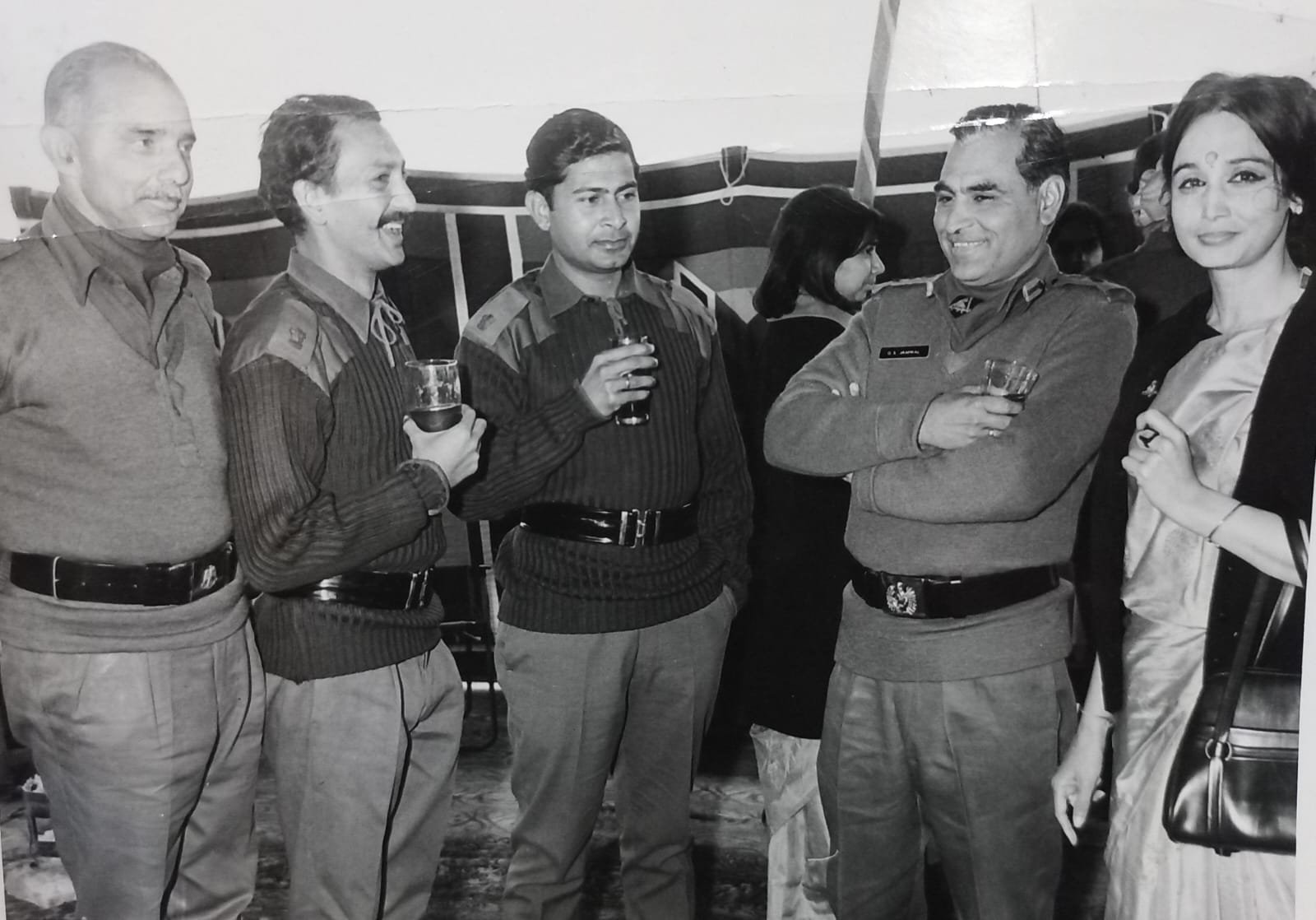The Dogra Soldier: A Reflection of Dogra Culture
Introduction
The Dogra Soldier embodies the essence of Dogra Culture, reflecting the strong connection between their religious beliefs, traditions, and military discipline. Originating from hill villages where Dogra culture and religious ethos are deeply ingrained, Dogra soldiers bring their customs and values to the army, fostering a unique cultural amalgamation. This article explores how the Dogra Soldier preserves and enriches Dogra culture, and how their units become a microcosm of their vibrant traditions.
Religious Influence and Discipline
Dogras are renowned for their religious devotion and deep-rooted spiritual beliefs. The religious teachings and rituals imposed upon them from childhood instil a strong sense of discipline, which carries over into their military service. The soldier’s adherence to religious dictates complements the structured discipline learned during training, resulting in the renowned discipline for which Dogras are known throughout the Indian Army.
Cultural Diversity within Dogra Units
Dogra units comprise soldiers from diverse regions, including Jammu, Himachal Pradesh, Punjab, and beyond. Despite this diversity, the units celebrate the richness of their customs, rituals, festivals, and dances throughout the year. The units serve as a microcosm of Dogra culture, creating a sense of unity and shared experiences among the soldiers.
Religious Practices in the Unit
Within Dogra units, religious practices flourish. Temples, gurudwaras, and mosques are open from morning till evening, allowing soldiers to spend time with religious teachers, seek guidance, and improve their religious knowledge. The presence of learned pandits further enriches the soldiers’ spiritual journey, as they deliver talks and lectures on Sundays and religious occasions. The units often have well-maintained temples with exquisite murtis (idols), rivaling those found in the villages.
Unit as a Global Village
Living and serving together for extended periods, the Dogra soldiers forge strong bonds within their units. The units become like mini villages or big families, with soldiers hailing from different villages across the Dogra regions. In times of peace, soldiers’ families join them, leading to a rich blend of cultures and a sharing of customs and languages. Festivals such as Baisakhi, Holi, and Dushera are celebrated with great enthusiasm, often surpassing the celebrations in their villages.
Preservation of Dogra Culture
Unit commanders recognize the treasure trove of culture within their Dogra units and encourage the preservation of their cultural heritage. Inter-company competitions provide a platform to showcase the diversity within the unit, with soldiers displaying their talents in singing, dancing, and cuisine. The best performers from different regions are celebrated, leading to a sharing of traditions and the documentation of cultural practices.
Passing on Cultural Heritage
When Dogra soldiers retire from the army, they bring with them cherished memories and a deep connection to their culture. Returning to their villages, they continue to celebrate festivals and pass down their traditions to younger generations. The cycle repeats as these traditions find their way back into the units through the next generation of soldiers, ensuring the continuous preservation and enrichment of Dogra culture.
Conclusion
The Dogra Soldier serves as a vibrant embodiment of Dogra Culture, seamlessly integrating their religious beliefs, traditions, and disciplined military ethos. Through their service in the army, Dogra soldiers preserve their rich heritage and contribute to the cultural diversity of their units. These units, acting as microcosms of Dogra culture, offer a fertile ground for the preservation, documentation, and celebration of their customs. The Dogra Soldier’s profound connection to their culture resonates throughout their military service and carries forward as a timeless legacy for generations to come.
This is what led the British to put the Dogra soldier at the highest pedestal. ‘Disciplined and a gentleman soldier’, by Field Marshal Slim.
